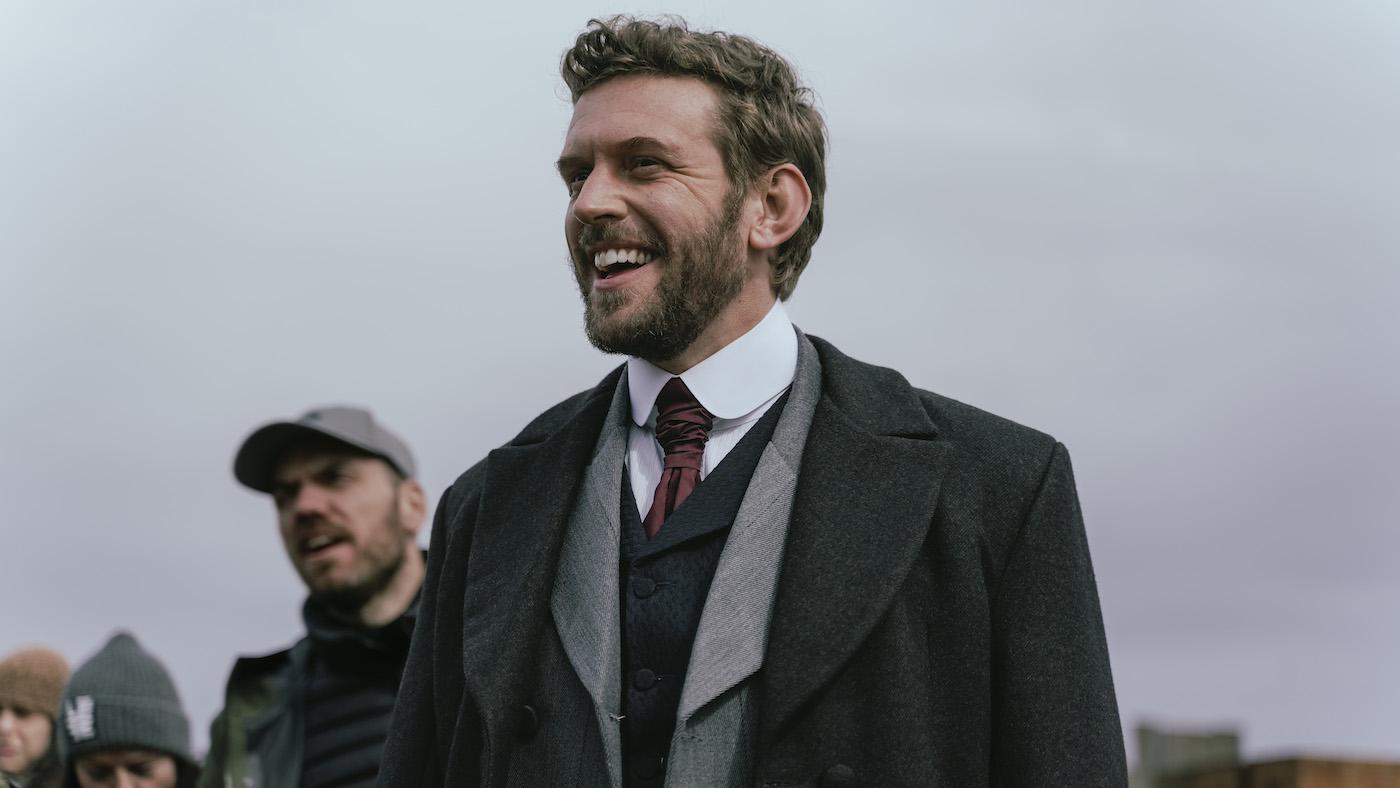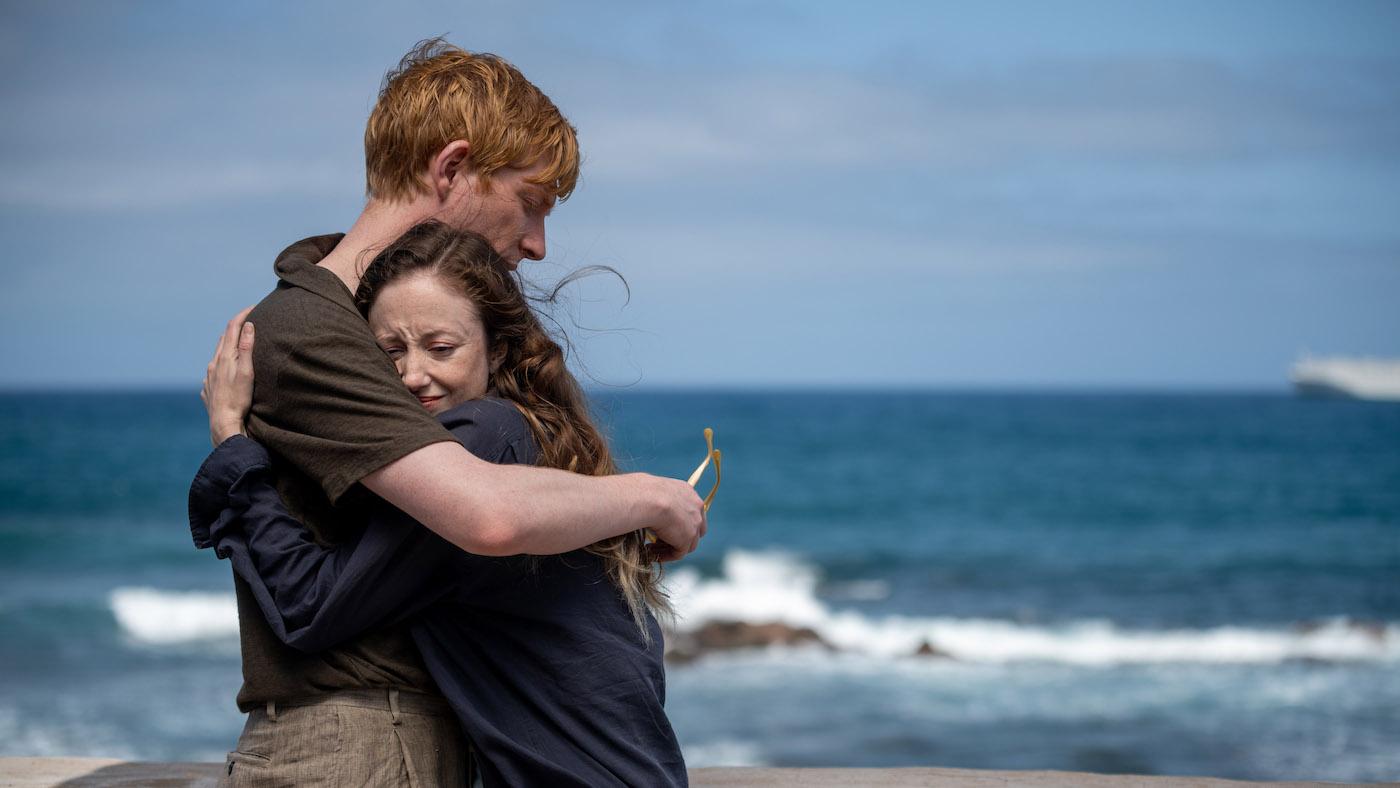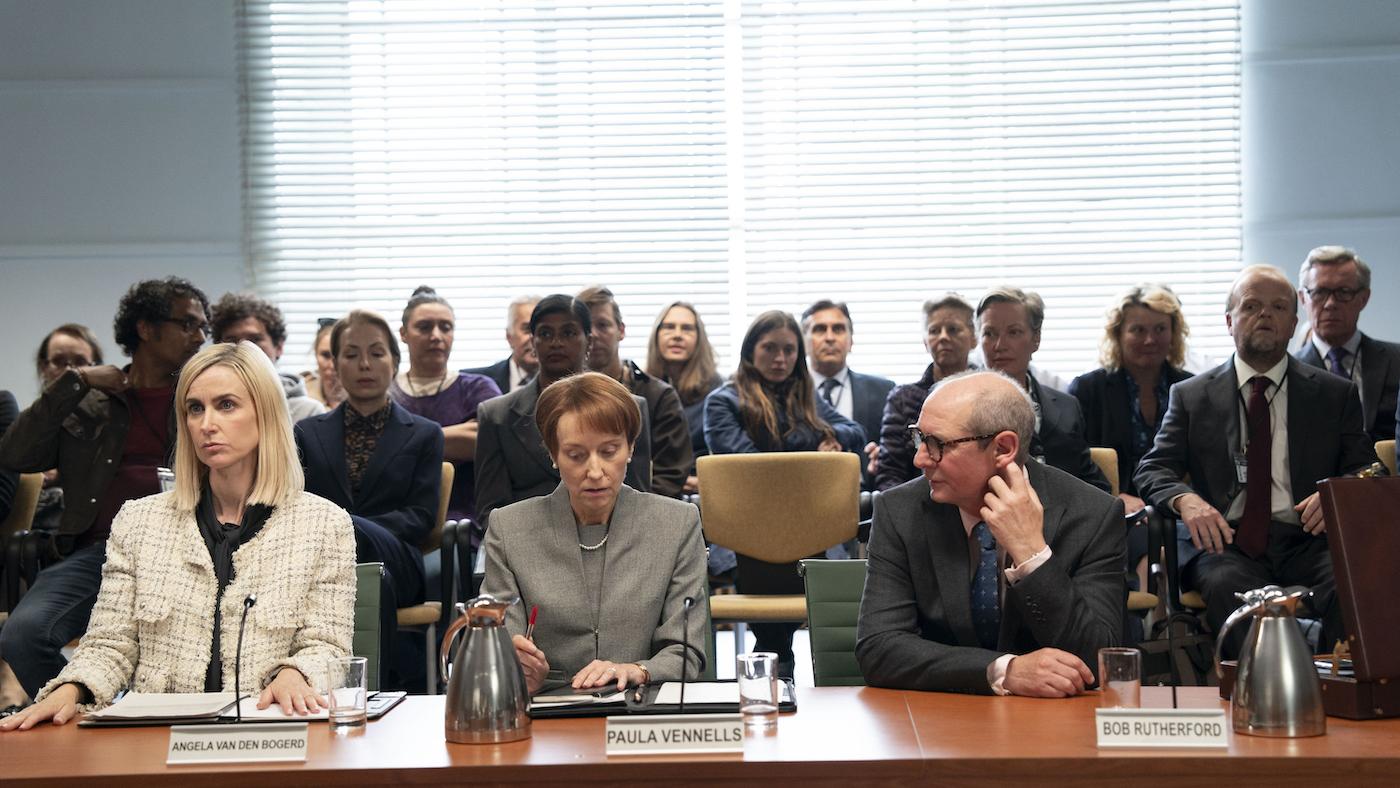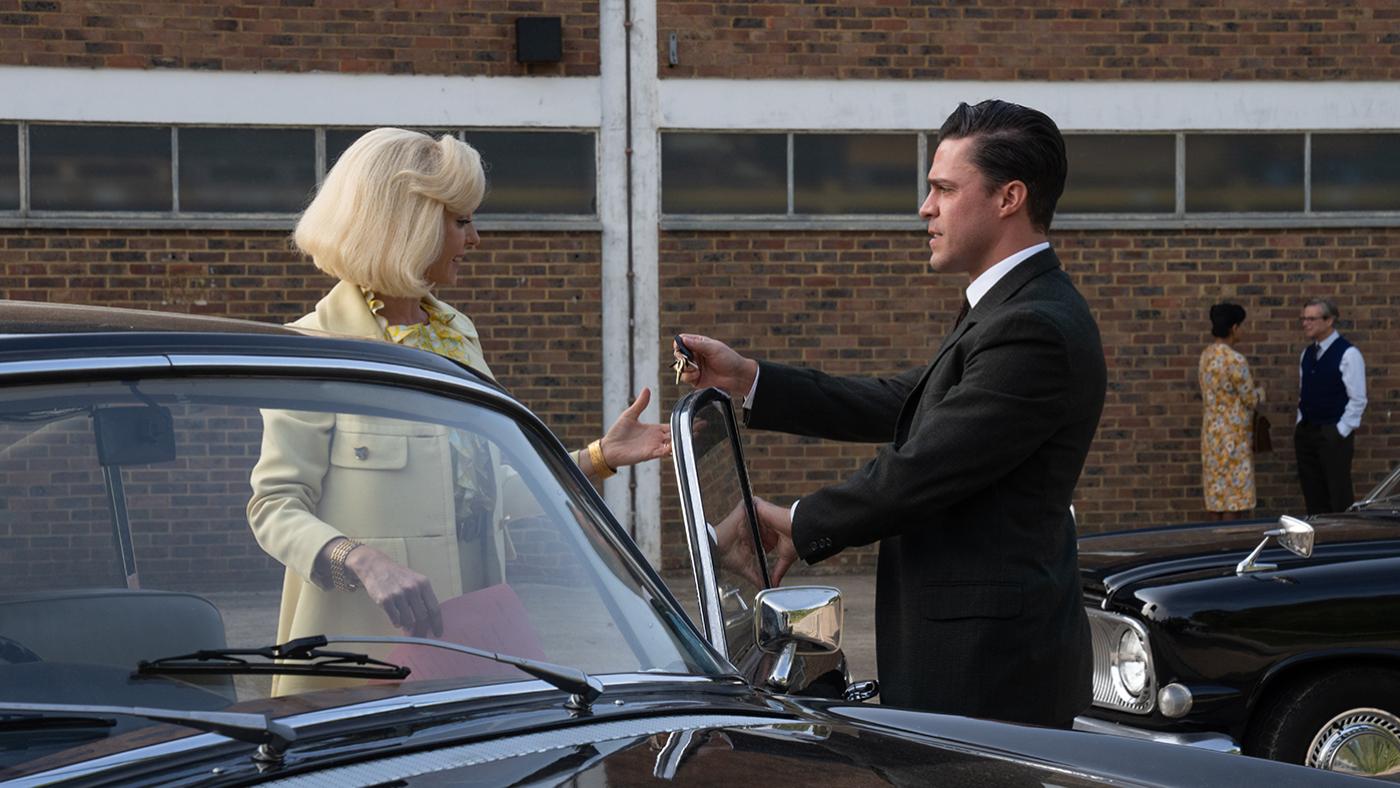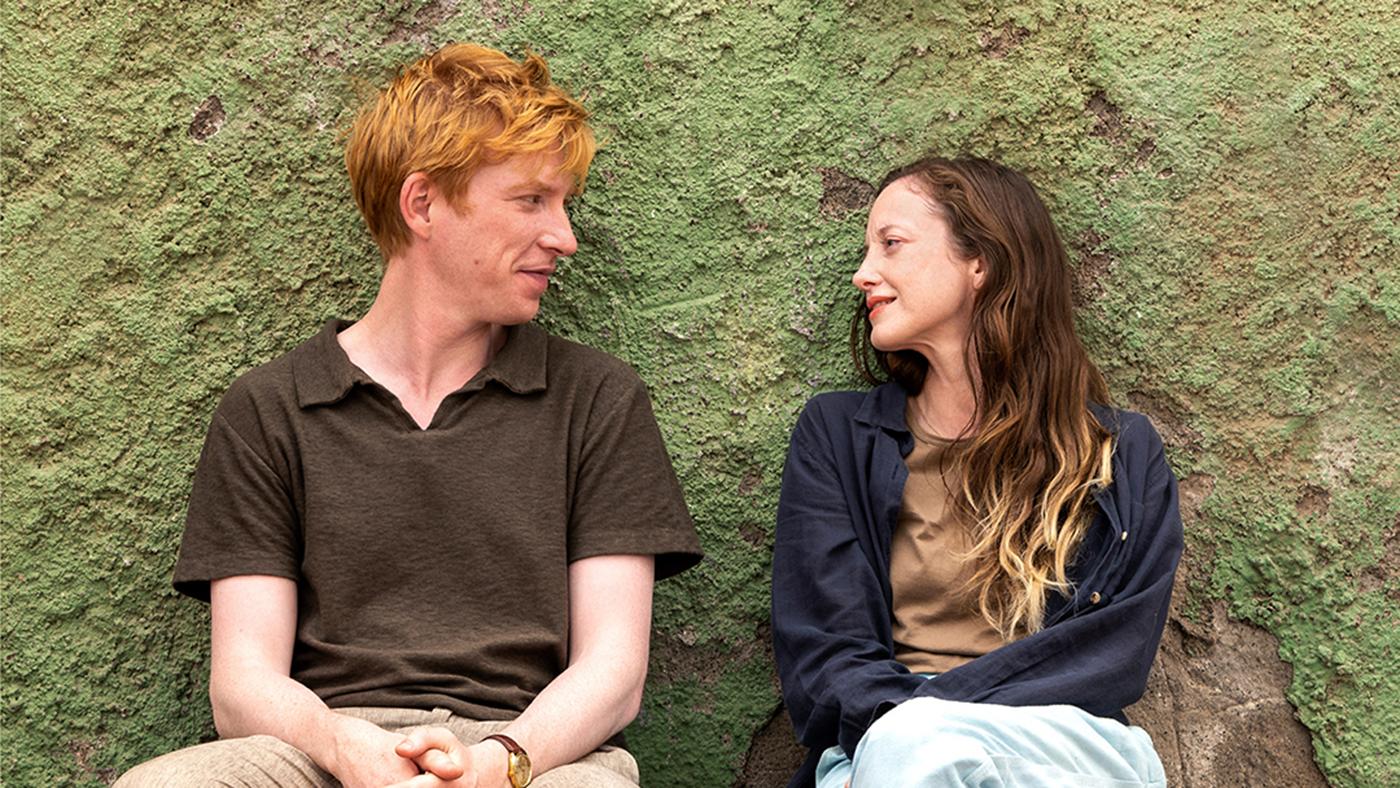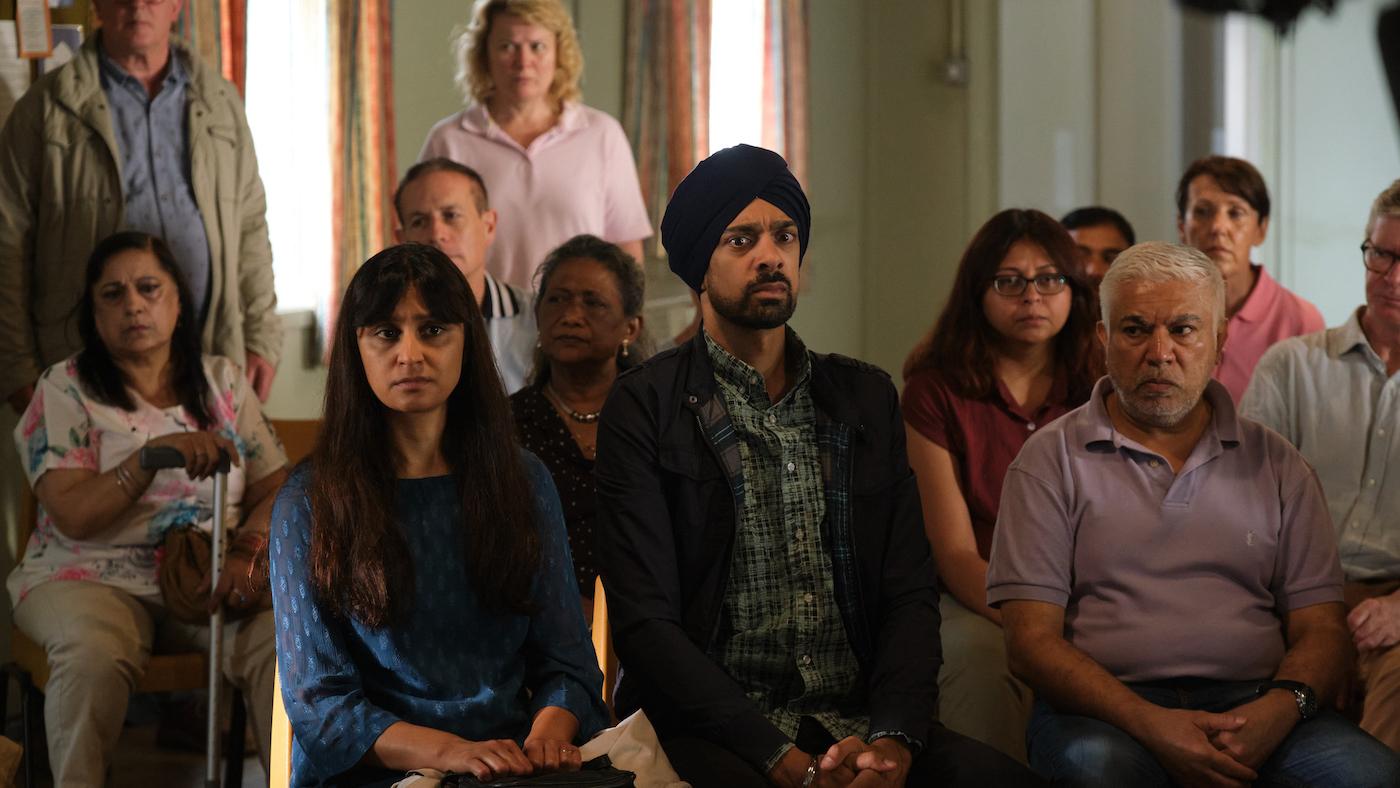'All Creatures Great and Small' Recap: Season 3 Episode 5
Daniel Hautzinger
February 5, 2023
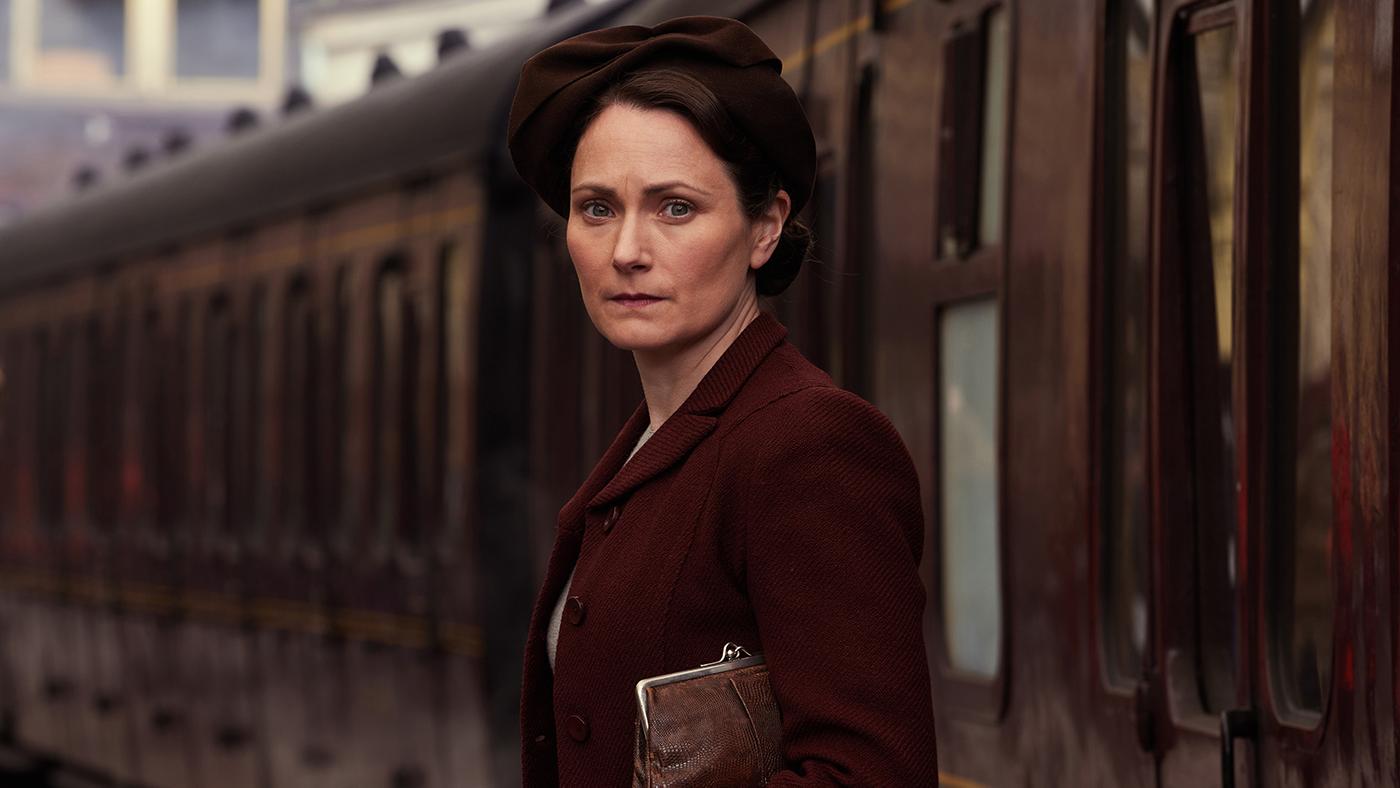
All Creatures Great and Small airs Sundays at 8:00 pm and is available to stream. Recap the previous and following episodes.
Keep up with your favorite dramas and mysteries by signing up for our newsletter, Dramalogue.
Mrs. Hall’s son Edward has a record of not showing up. But when he writes to his mother that he’s on leave from the Navy and can meet her for a brief visit at a train station, she bakes a tin of shortbread and sets off, nervous and excited all at once.
Tristan will cook and clean in her absence, tasks assigned to him by Siegfried. In return, Tristan foists the mentorship of a young boy named Andrew on Siegfried. Andrew has come to observe a veterinarian for a day, and, despite his initial reluctance towards the babysitting, Siegfried takes to him as soon as he shows an interest in Siegfried’s pet rat.
Andrew shows initiative and knowledge, and even likes the same food as Siegfried. All of this of course endears Andrew to Siegfried while making Tristan envious of Siegfried’s praise and attention, even as Tristan prepares a surprisingly good luncheon.
When Mr. Sunningwell rushes in with his injured dog, Benjamin, who was kicked by a cow, Tristan receives the patient but Siegfried takes over and sends Tristan off to do housework. Benjamin might have a concussion, so Siegfried warns Sunningwell that the dog might not wake up from the anesthesia required to treat it. Andrew does an admirable job of comforting Sunningwell and displaying veterinary knowledge.
The boy helps Siegfried set Benjamin’s dislocated hip while Tristan consoles Sunningwell, who explains that Benjamin is the only connection he has left to his mother—and he promised her he would take care of the dog. After Andrew ecstatically tells Sunningwell that Benjamin has been safely treated, Sunningwell happily leaves with his dog and tells Siegfried that he should be proud of Tristan.
Before Andrew leaves for the day, he tells Tristan he wishes he had a brother. Siegfried compliments the boy, telling him that he will one day be a credit to their profession.
Helen and Jenny are also navigating a sibling quandary. Helen’s father is away, so James and Helen are staying at the farm. Not that Jenny needs much help running it: she has become an outstanding housemaid and farmhand. In fact, she has left school to work full time on the farm, to her older sister’s surprise. Helen fears Jenny is foreclosing other opportunities, but really her biggest worry is that she’s growing distant from her sister, who didn’t tell her about the decision.
Jenny may be a good farmhand, but she has missed an infection on one sheep’s hoof. If it spreads, the sheep might need to be put down. As the sheep’s condition deteriorates, Helen takes James’ advice that Jenny simply wants Helen’s approval and asks Jenny to make a decision about what to do. She follows James’ recommendation to cut off the infected part of the hoof—and the decision saves the sheep.
Helen apologizes to Jenny for her uncertain reaction to Jenny’s decision to leave school. She tells Jenny that the world is big, and she can do anything she wants—including being a farmer. She’s already excellent at it.
Mrs. Hall’s familial relationships are not so easy. After anxiously waiting at the train station for a while, she accepts a woman’s kindly offer of tea. The woman is a volunteer serving beverages to passengers, including the many soldiers passing through. She’s also deaf, but reads lips and so is able to ask Mrs. Hall what she’s doing at the station.
Eventually, Mrs. Hall is the only person in the station’s waiting room, so she decides to give up. But as she’s passing under the tracks to catch a train back to Darrowby, she runs into her son. The waiting room is packed now, so the volunteer sends them to the abandoned luggage room, where it’s quiet.
Perhaps too quiet. Edward and Mrs. Hall are painfully awkward around each other. He doesn’t eat any of Mrs. Hall’s shortbread and refuses to even take the tin with him; his pack is full. She tries to make small talk, asking about his father, but Edward says he doesn’t speak to him anymore. His father is still a drinker, unlike Edward, who has now realized how badly he treated Mrs. Hall. She defends her husband, saying that he is a good person but was “damaged” in the war.
That leads Edward to ask if he might be similarly damaged if there’s another war. Mrs. Hall insists that there won’t be, and reassures him that he’s a good person.
Then why did you report me to the police, he asks. Prison ruined him—and she’s the one who sent him there. He accuses her of caring more for the people she worked for—he seems to have stolen something from one of her employers—than for him, and for being ashamed of him.
Wounded, Mrs. Hall insists that she loves him more than anything, but couldn’t lie for him. She has always felt guilty, like she failed him; she panicked in the moment and thought involving the police might rectify her mistakes in raising Edward. She blames herself, not him.
Edward has to leave, and doesn’t speak to her as she cries and tells him all this. He gives her a perfunctory hug before boarding his train, then says he’ll take the shortbread as the train pulls away. But the tin is dropped in the hand-off, and he says something that she can’t hear over the roar of the engine.
The deaf volunteer, observing the charged interaction, tells Mrs. Hall what he said: “I love you, mom.”
Mrs. Hall eats pieces of her shortbread, broken in the failed hand-off, as she waits for her train home.
Tristan wants to have a nice supper ready for Mrs. Hall when she arrives, but he burns himself taking the shepherd’s pie out of the oven. Siegfried rushes to help him.
I was like Andrew, once, Tristan tells Siegfried: looking up to you, wanting to learn from you. But you resented having to raise me. Siegfried denies it. He wasn’t ready for children early on, even though his wife thought he would make a great father. By the time he was ready, she had become ill and died soon after. He wishes he had treated Tristan differently back then.
Mrs. Hall arrives home, and Tristan insists that she relax in the sitting room with Siegfried while he serves tea and finishes up supper. Both Mrs. Hall and Siegfried tell Tristan that he’s done a great job on the housework, to his pride.
Siegfried asks Mrs. Hall how her meeting with Edward went. She can’t quite explain the encounter, but feels better nonetheless. Perhaps Edward has finally realized how much she cares.
None of us know how to properly express our gratitude to you, Siegfried tells her. He means it.

